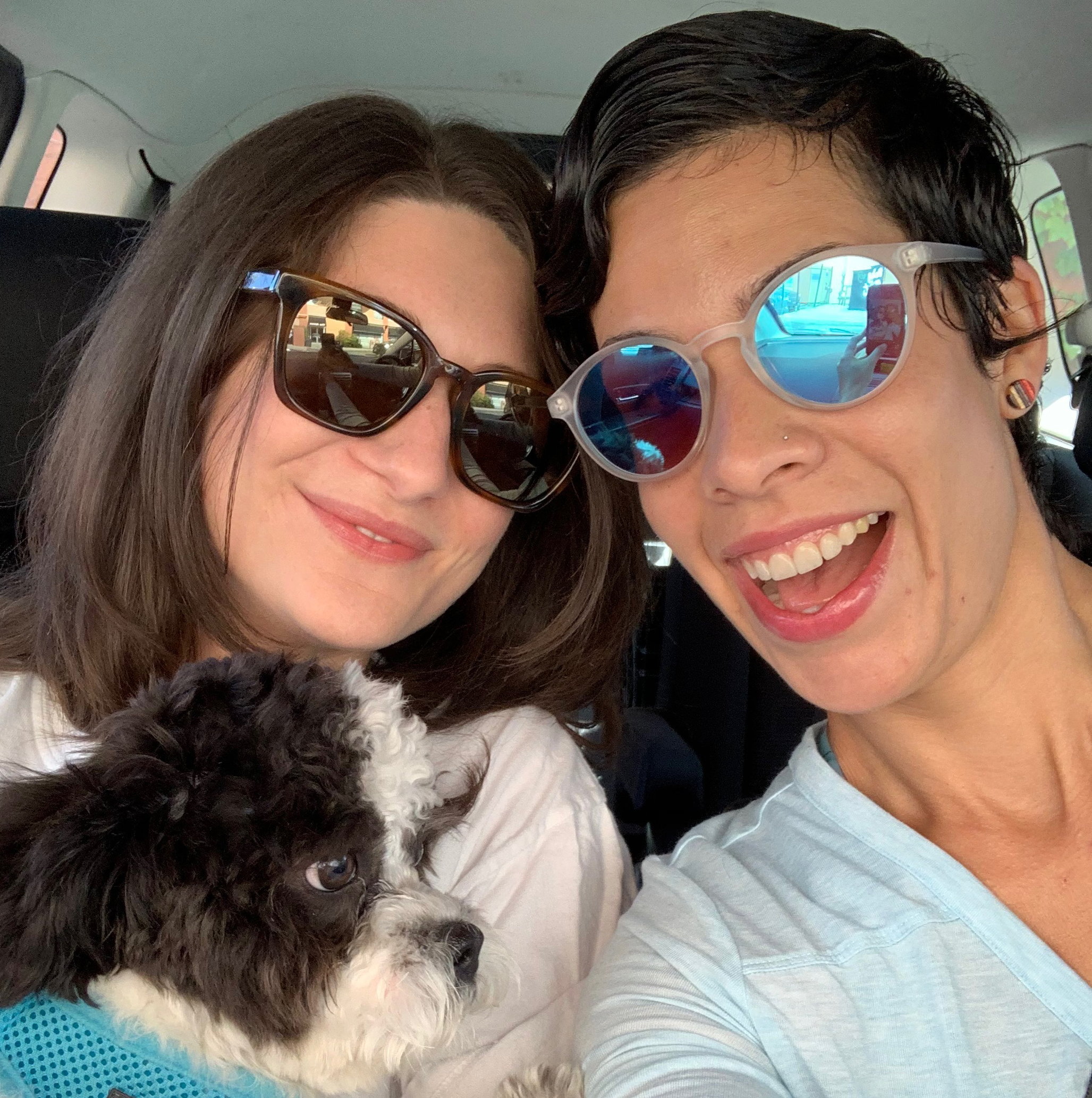Another visit home has come to an end, and I say goodbye to my family. I look out the airplane window and see Mexico City’s lights slowly getting smaller as we ascend, eventually fading to complete darkness. As I wipe my tears, a thought comes to mind: Will it ever get easier? My mind races as I try to find a distraction from the sadness of leaving home. I ponder the reasons I must return to live by myself in that one-bedroom apartment in Hamilton. You are going back to become a nurse, my inner voice whispers.
I sit back and fall asleep.
School starts up again, and I have been placed on a surgical unit in the nearby city of Burlington. It is not far from Hamilton, but since I don’t have a car, some days it feels unreachable – much like my nursing degree. Nevertheless, I wake up at the crack of dawn, meditate, shower, proudly put on my clean scrubs, grab my lunch, and make my way to the bus in the dark early morning. I will be ok, I say to myself.
I have been to the surgical unit twice already: once for orientation, then for patient assignment. Technically, this is my first official shift in the new setting. When I arrive, I am both excited and scared. My frantic and worried eyes are probably like those of a lost puppy. My mouth is dry and, as my breathing quickens, my throat becomes tighter. My heart is pounding through my chest, increasingly unsteady, as I search for the nurse assigned to help me. I finally spot her sitting at the nursing station. She looks busy, and I feel faint. At this very moment, the same thought I had when I left home comes back to mind: Will this ever get easier? The answer: I don’t know, but I have to try.
As I approach the nurse, I want to say: Hi, my name is Maricel. I am a level-2 nursing student. I am not sure if I speak English well enough, but I want to help in any way I can. I am extremely nervous, and a part of me would like to go home and cry.
Instead, I look her in the eye and stiffly introduce myself according to the script I’ve memorized. I offer a quick review of the basic skills I feel confident with, and I wait for her to judge me, determining I know too little to be helpful.
As I start my first official shift on the surgical unit, I am both excited and scared, my frantic and worried eyes like those of a lost puppy.
There is no sign of judgement. Strange. I feel calmer for a moment. Then that nagging thought returns, and this time I really want to ask her: Does this ever get easier? I quickly put the thought aside. We have patients and this is not the time.
We start the morning routine. At one point, my patient’s IV pump starts beeping. The IV bag is almost empty and needs to be changed. My heart skips a beat. I have never done this before. I know that I am familiar with the procedure, but I have not actually performed it. My patient asks me if there’s something wrong and, once again, I feel the urge to cry out: Yes! Your pump is beeping, I need to change the bag, it’s my first time and I am afraid of making a mistake.
I take a deep breath and calmly respond: “The machine is beeping because we need to change your IV bag. I will gather my supplies. Be right back.” I leave the room, both of us a bit more reassured.
When I find the nurse, I let her know this is my first time. She walks with me to the supplies room, points out what I’ll need, teaches me about the IV solution and how to confirm it is the right one, and walks back to the room with me. She patiently shadows me as I complete the task. My shaky hands clumsily open the package. I pause the pump, clamp the tubing, hang the new bag, spike the bag (maintain sterile technique, Maricel), and finally prime the line. The whole time, I am so focused on what I am doing that I hardly notice her in the room.
“It gets easier,” she says tenderly after we exit the room. Her voice is filled with compassion and warmth. I look at her and she smiles. “Sometimes it feels like it doesn’t, but it will get easier.”
Little does she know what her words meant to me that day.

